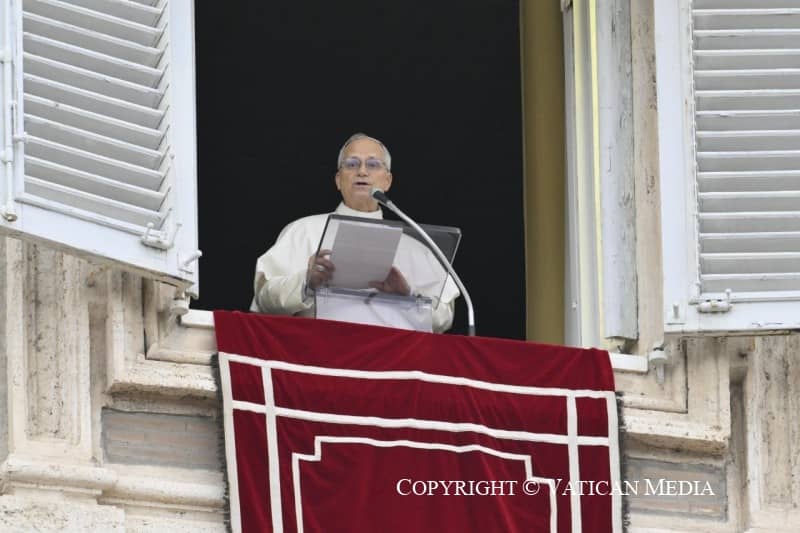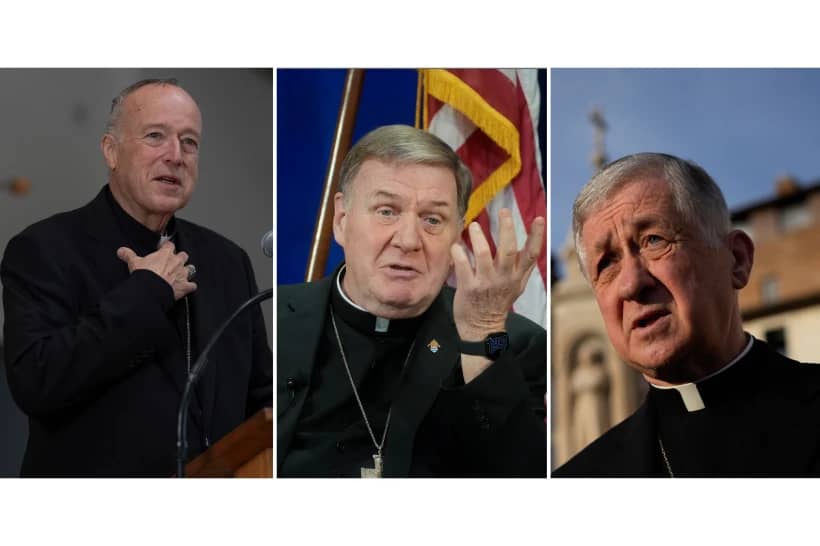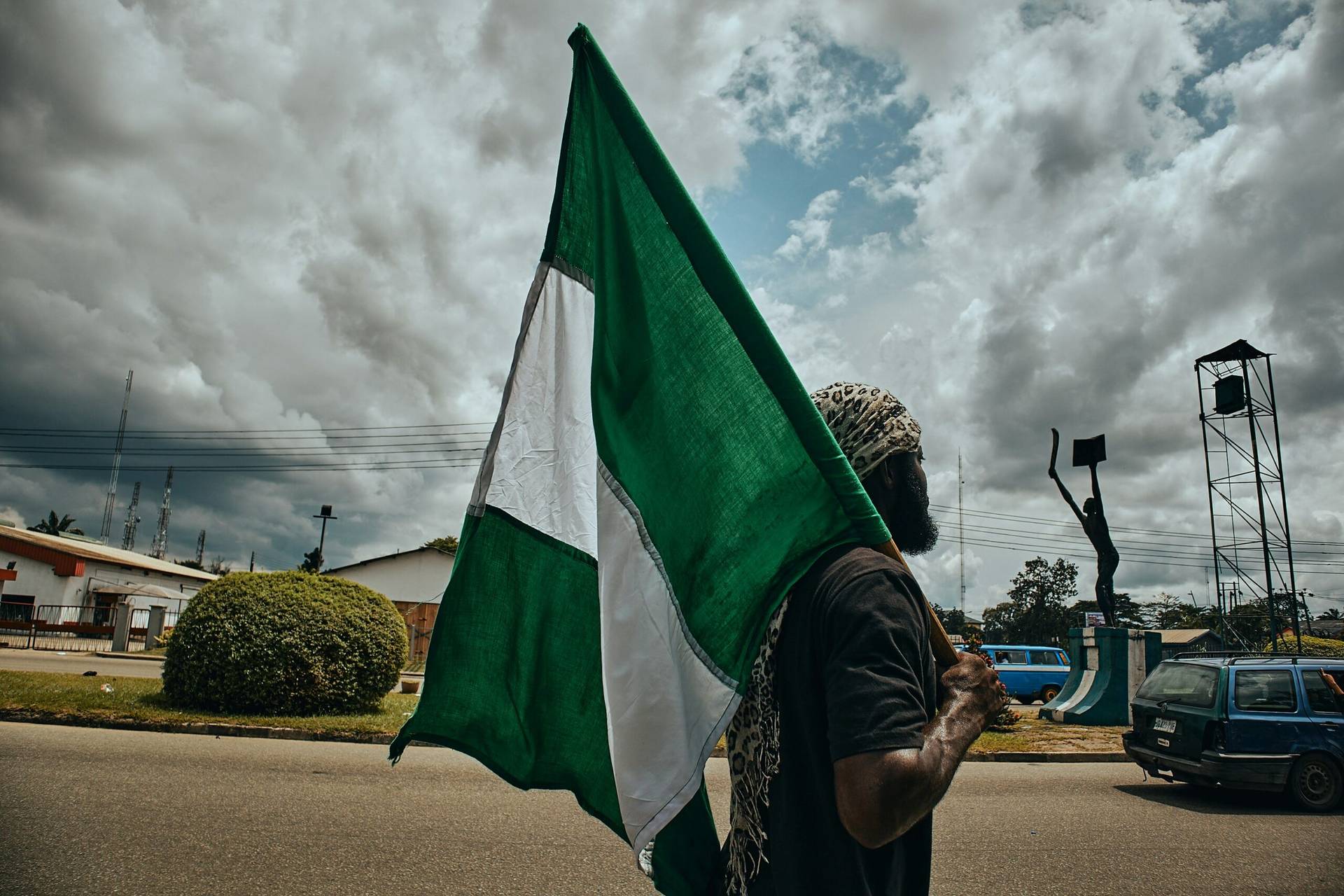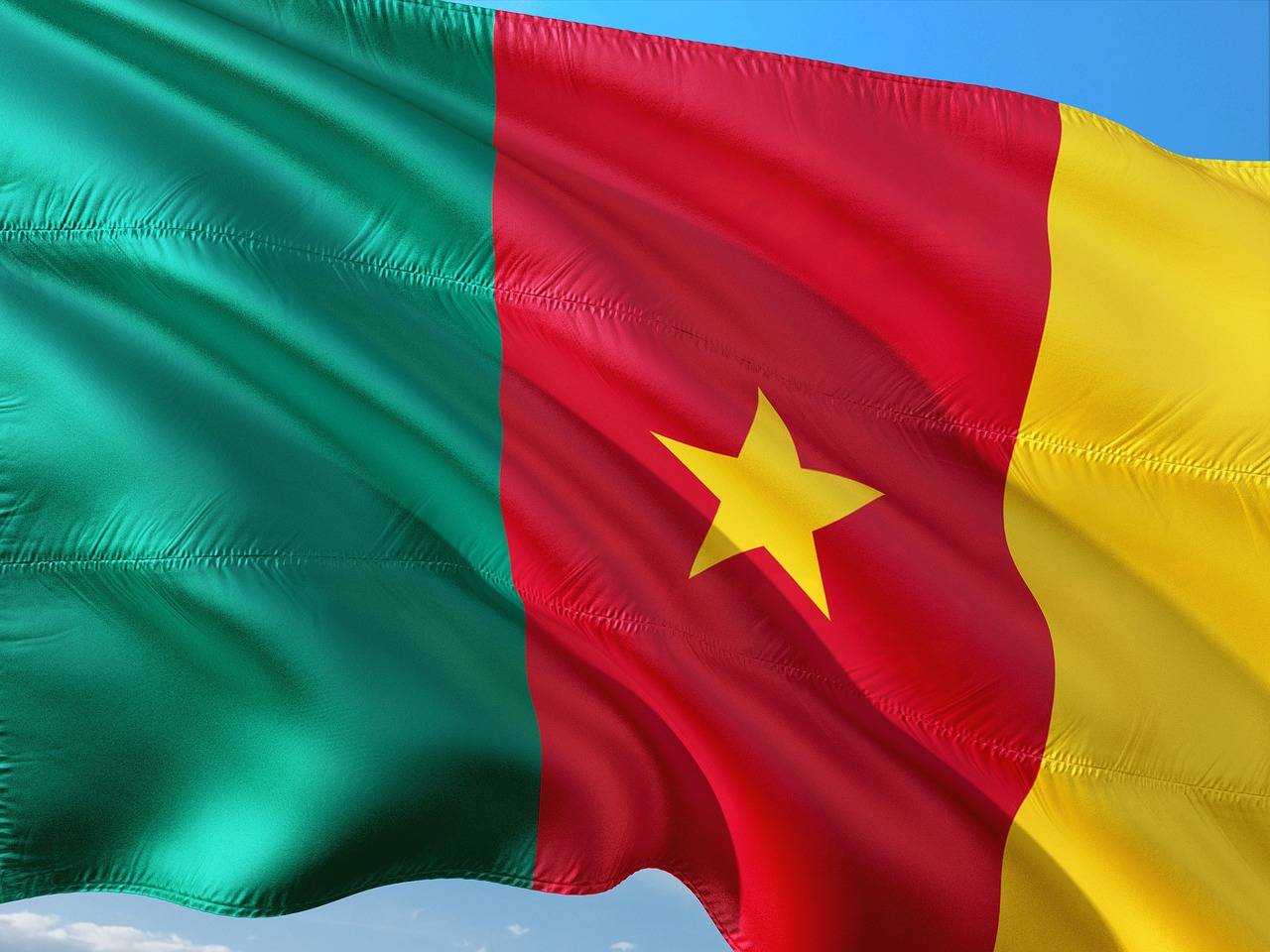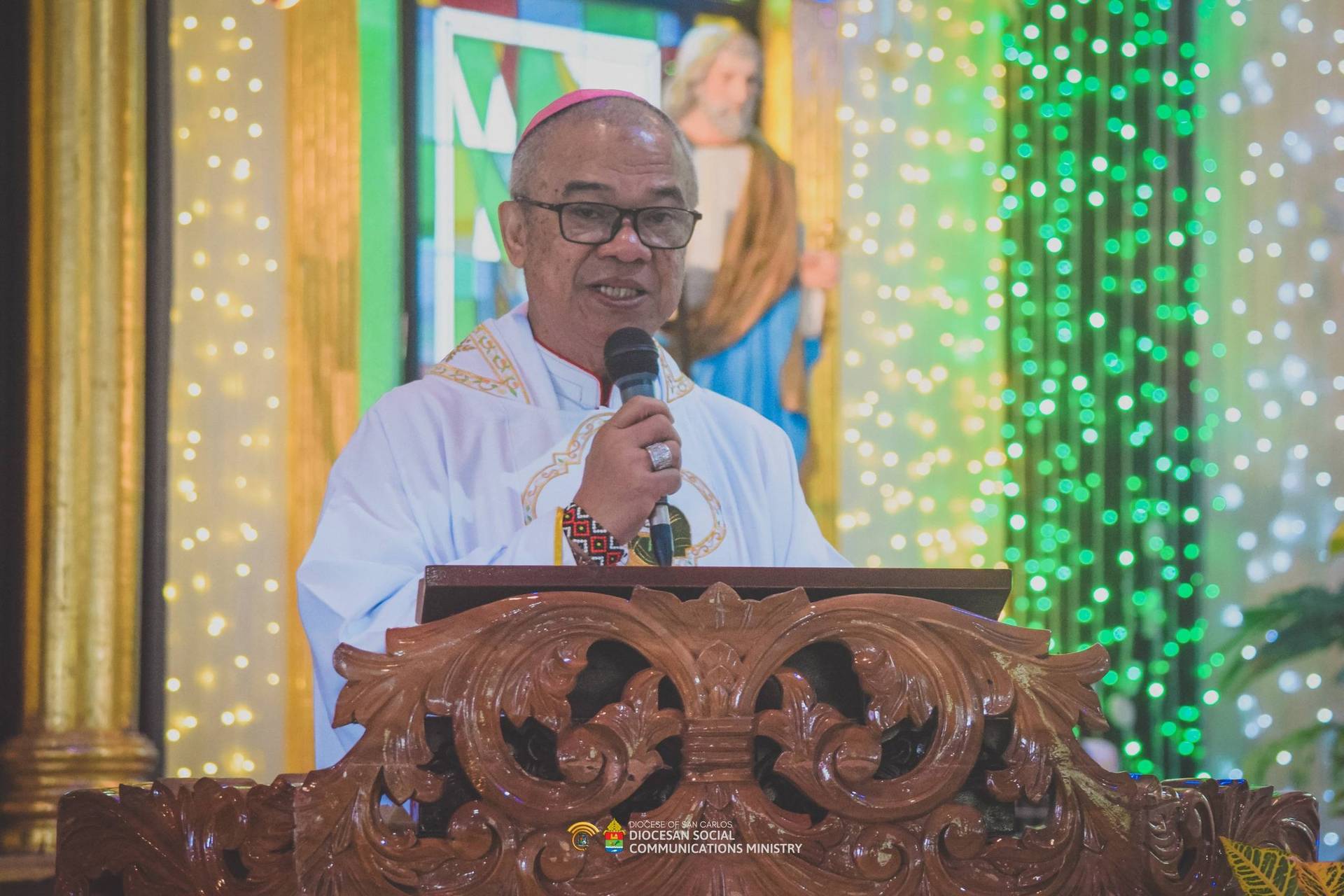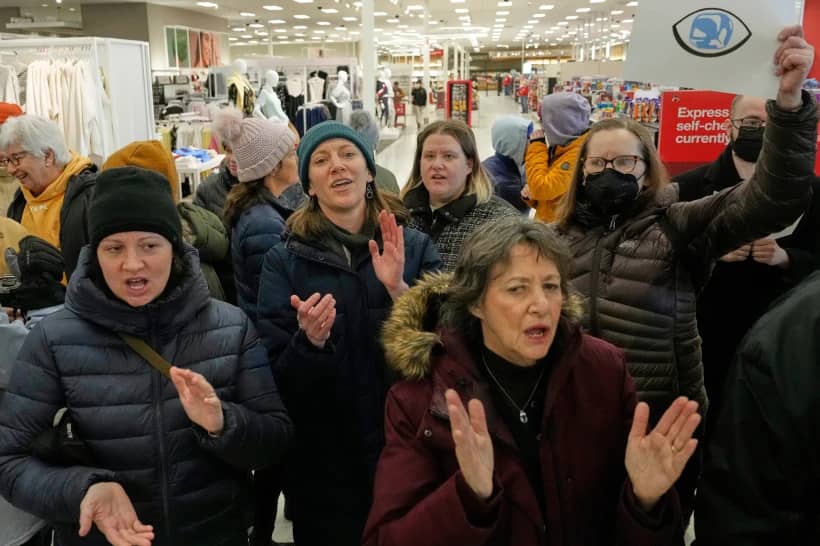YAOUNDÈ, Cameroon – Catholic Bishops in Zimbabwe are calling on the country’s citizens to make the August 23 general elections in the Southern African country “different,” no longer marred by violence and accusations of corruption.
Zimbabweans will be voting councilors, members of parliament and a president. In a July 5 statement, the bishops said the elections “are a landmark in the history of our journey as a nation. They speak of our growth as a democratic nation. They are an expression of a free, self-determining people who periodically partake in a shared exercise of choosing our leaders.”
But elections in Zimbabwe have historically been bedeviled by allegations of fraud, characterized by violence and harassment of opposition members. In 2018, President Emmerson Mnangagwa was declared the winner by the country’s Constitutional Court despite allegations of wide-scale fraud from opposition leader Nelson Chamissa.
Mnangagwa, a former ally of Robert Mugabe who helped remove the former strongman in what has been described as a “palace coup” in 2018, will again be facing Chamisa in a much-reduced field, with eleven candidates competing for the top job, down from the 23 who ran for president in 2018.
Mnangagwa had promised reform, but observers say that reports of a continued crackdowns on the political opposition and human rights violations make the likelihood of political violence before, during and after the August 23 polls strong.
It is that kind of scenario the bishops seem to be concerned about.
“Critical, defining and determining as these elections are, the contest for the highest office in the land, and other offices, should not divide us as a nation,” the bishops said in their July 5 statement.
“We are one people, imbued with inalienable rights derived from who we are: Men, women, young people and children created in the image and likeness of God. Thus, as human beings we enjoy a certain human dignity that flows from our shared origins and destiny; we come from God, and we return to God.”
The Church leaders called on Zimbabweans to stand up to be counted by exercising their civic duties, without fear, so their voices can be heard “through the ballot box.”
“It is your right and duty as citizens that you vote. In so doing you determine the nation that you want, you choose its leaders for the next five years. Your vote is your personal decision and an expression of your freedom.”
They cautioned voters not to fall into the manipulative trappings of politicians, and to refuse “to be used in violent attacks against your fellow brothers and sisters. “
“Any party or politician that incites violence or persuades you to join in violent attacks, is not worthy of your vote. Give your vote to those who deserve it. This election is not about friends and enemies. If it presents us with choices, it is because of the varying ideologies that political parties uphold, not that we are sworn enemies. “
The bishops called on politicians to show responsibility in the way they run their campaigns, urging them to distinguish themselves as “noble men and women worthy of people’s votes.”
Noting that the campaign period offers politicians “the spaces and the power to influence the citizens,” the clerics urged them to use that power responsibly, because “To whom much has been given, much will be demanded.” (Luke 12: 48).
“History will judge you harshly, should the nation be divided because of you,” they warned, and noted that if they (the politicians) succeed in dividing the nation, “it will be difficult to govern a divided nation. “
To keep the nation together even as they disagree on policy issues, the clerics warned the politicians against using “inflammatory, politically charged and derogatory language,” noting that such language “can easily fan hatred and incite violence.”
They called on the leaders and their followers to be agents of peace, and to let “the values of love, justice, peace, unity, tolerance and harmony characterize this year’s campaigns.”
“Let no blood be shed in your name and for your vote,” they pleaded, before adding that the bloodshed in the land was already crying out to God.
Recognizing the power of the media during political campaigns, the bishops warned media practitioners to not be partisan in their reporting, and to report facts “without fear or favor.”
“Avoid misrepresentations and biased reporting. Let your role be that of midwifery, enable all politicians to be heard. It is not for you to be mouthpieces of particular parties. We strongly appeal to you that you stand up and be counted in peace building.”
“Be credible sources of information that people can turn to as they seek to discern who to vote for,” the bishops said. “May you not be accused of creating an un-level playing field, by aligning yourself with a particular party and pushing its agenda. To you is given a huge responsibility of informing people in the land, be ethical and be fair.”
To the Zimbabwe Electoral Commission, the bishops urged the body to deliver on their mandate to prepare, facilitate, and “credible, free and fair elections.”
“We are one people, Zimbabweans … divided we fall, but united we stand. United we must stand and be fellow workers in building up our country.”







